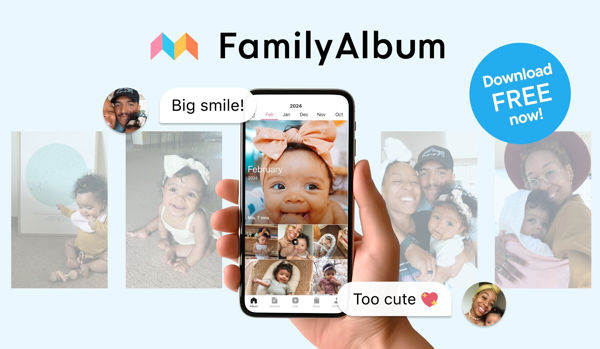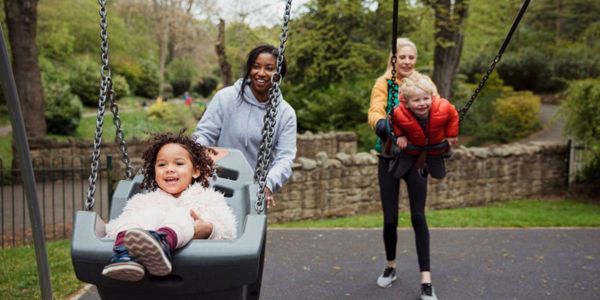Some parents believe that being your child’s friend is bad - because you aren’t there to be a friend, you’re there to be their parent. If being a friend means sacrificing your authority or it leaves you unable to set firm boundaries then it may well be a bad thing.
However, befriending your child in a healthy way, leads to a deeper level of respect and a stronger, lifelong relationship with your little ones. If you’re struggling to build a friendship with your child, here are a few ideas that may help.
Schedule Time Together
Strong, long-lasting friendships don’t develop by chance, friendships grow and flourish as a result of spending meaningful time together as regularly as time allows.
Get into the habit of carving out time each day to spend with your children. This doesn’t have to be an hour, it can be 10 minutes spent reading or conversing with them at bedtime. Spending special time with children will help strengthen your relationship.
Always Show Up
Building a strong, long-lasting relationship with your children is and will be a lifelong commitment. A commitment that promises to never stop loving or supporting them, no matter what may happen.
Reminding your children often about your love and commitment will give your children the knowledge and security that no matter what you will be there, through the good, the bad and the ugly.
Make Yourself Available
Alongside putting time aside to spend with your children, it is really important that they know that if and when your children need you, you will always be there for them.
Being there for them means putting down your devices, or your work when they both verbally and non-verbally ask us for our attention. It means turning down the music in the car so they can converse with you. It means removing screen time at the dinner table so you can hear all about their day and vice-versa.
Become an Active Listener
This is a really important way to build a friendship with your child. Listening to understand them is much more meaningful than it is to listen to them to hear and lecture.
To be a good, active listener means to create and maintain eye contact with the person who is speaking - in this instance, it’s your child. Alongside this, a good listener is one who never assumes they know what their child is thinking or saying. A way to do this is by asking clarifying questions and repeating what it is that you believe your child may mean when they are talking to you.
Don’t Just Ask Questions, Start Conversations
Asking open-ended questions over dinner or when they get home from school is a great way to start conversations! But after a long day at school, it might be time to give them a break.
Instead of asking them how their day was or what they got up to at school, share with them how your day was when you get a moment. Talk about the things you like, and share with them a funny memory from when you were their age. Or anything else you think they may be interested in hearing!
Embrace Your Child and Their Uniqueness
We know that every child is different, so when was the last time you took a step back and contemplated your child’s personality?
What does your child love? Like? Dislike?
Is your child strong-willed? Outgoing? Reserved? Sensitive?
What is the best way to motivate your child?
When you begin answering these questions, you’ll start to get a better understanding of your child and thus find it easier to “tailor-make” your friendship according to their beautiful little personalities.
Acknowledge and Appreciate Their Efforts
Children feel really good when shown appreciation for their efforts (in the same way that we as adults appreciate our efforts being acknowledged). Filling your child’s cup with confidence by appreciating them when they do something good, is a great way to not only encourage them to keep up their hard work but to also build and maintain a friendship.
Do Something They Love
Does your little one have a favourite film or place that they like to visit? Something as simple as a movie day or a trip to their favourite park can do wonders for your relationship. Letting your child pick something they’d like to do shows them that you value their opinion and preferences!
Even if you’ve watched their favourite film 100 times already this year, watching that film together (with or without snacks!) will be sure to bring you and your child closer together.
Give Them Space When It’s Needed
As parents, we have eyes in the back of our heads, and as much as we feel we need to keep our eyes on them at all times, sometimes it’s better to leave them be for a little while. Like adults, all children need their space sometimes, even more so as they get older. So every once in a while leave them to do their own thing.







